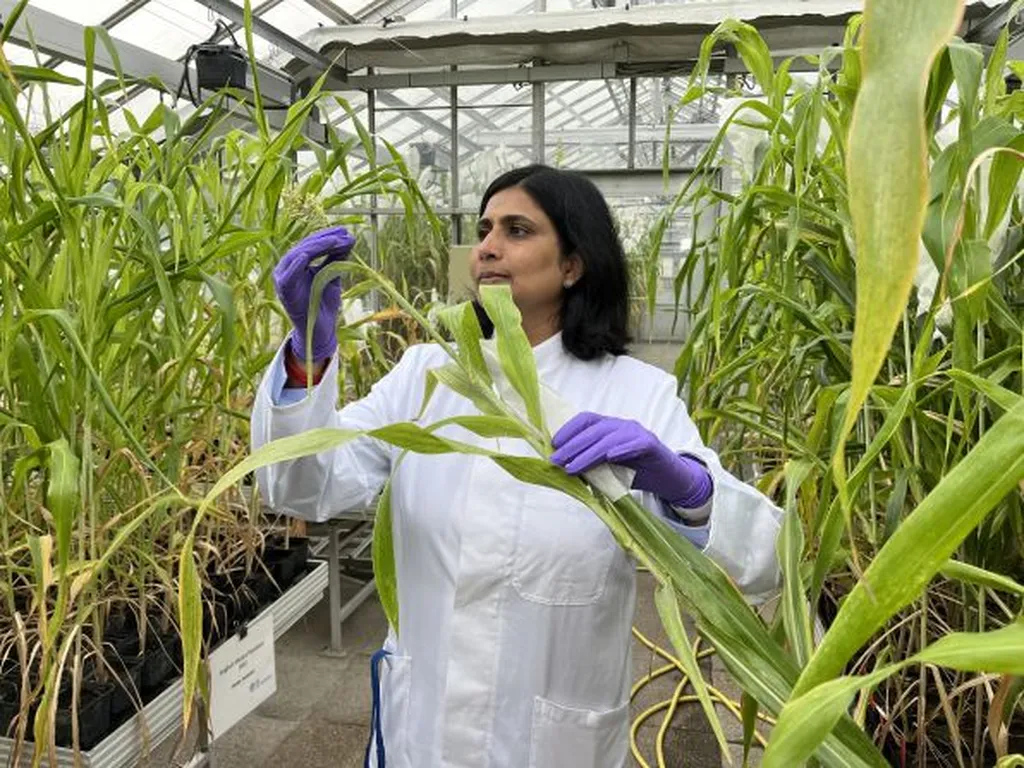In the face of climate change and food security challenges, sorghum is emerging as a crop of significant promise, and a recent comprehensive analysis published in ‘Zernovì Produkti ì Kombìkorma’ (Grain Products and Compound Feeds) sheds light on its global and domestic production dynamics. Led by O. Sokolovska, the study underscores sorghum’s exceptional drought resistance and versatility, making it a viable alternative to traditional crops like corn, particularly in adverse climates.
Sorghum’s appeal extends beyond its resilience. It serves as a valuable source of protein and energy for livestock, a key ingredient in biofuels, starch, alcohol, and gluten-free food products. Its nutritional profile, rich in vegetable protein, iron, B vitamins, and antioxidants, has earned it the title of “smart food.” Moreover, its potential medicinal properties, particularly for diabetes and gastrointestinal diseases, add to its growing appeal.
Despite its global significance as the fifth largest grain crop, sorghum cultivation in Ukraine remains relatively low. The study identifies several limiting factors, including fragmented production data, insufficient farmer awareness, inadequate processing and marketing infrastructure, limited access to quality seed material, and the impact of the full-scale invasion of the Russian Federation, which led to a sharp reduction in sown areas in 2022-2023.
The analysis reveals global fluctuations in sown areas, with a 9.2% decrease from 2013 to 2023, and highlights regional differences in yields. Climate change and military operations have significantly impacted Ukraine’s agricultural sector, necessitating a strategic approach to sorghum production.
Sokolovska emphasizes the need for a comprehensive strategy to develop the sorghum industry, stating, “The proposed scientifically based recommendations are aimed at stimulating the development of this crop to increase the country’s food, feed, and energy security, contributing to the sustainable development of agriculture.”
The study’s findings have profound implications for the energy sector, particularly in biofuel production. As the world seeks sustainable and renewable energy sources, sorghum’s potential as a biofuel feedstock becomes increasingly important. The research could shape future developments in the field by encouraging investment in sorghum processing infrastructure and promoting its use in biofuel production.
Furthermore, the study’s recommendations could drive innovation in agricultural practices, seed technology, and marketing strategies, ultimately enhancing sorghum’s commercial viability. By addressing the identified limitations, Ukraine and other countries can tap into sorghum’s full potential, contributing to global food and energy security.
As the world grapples with the challenges of climate change and food security, sorghum stands out as a resilient and versatile crop. The insights provided by Sokolovska’s research could pave the way for a more sustainable and secure future, benefiting both the agricultural and energy sectors.

